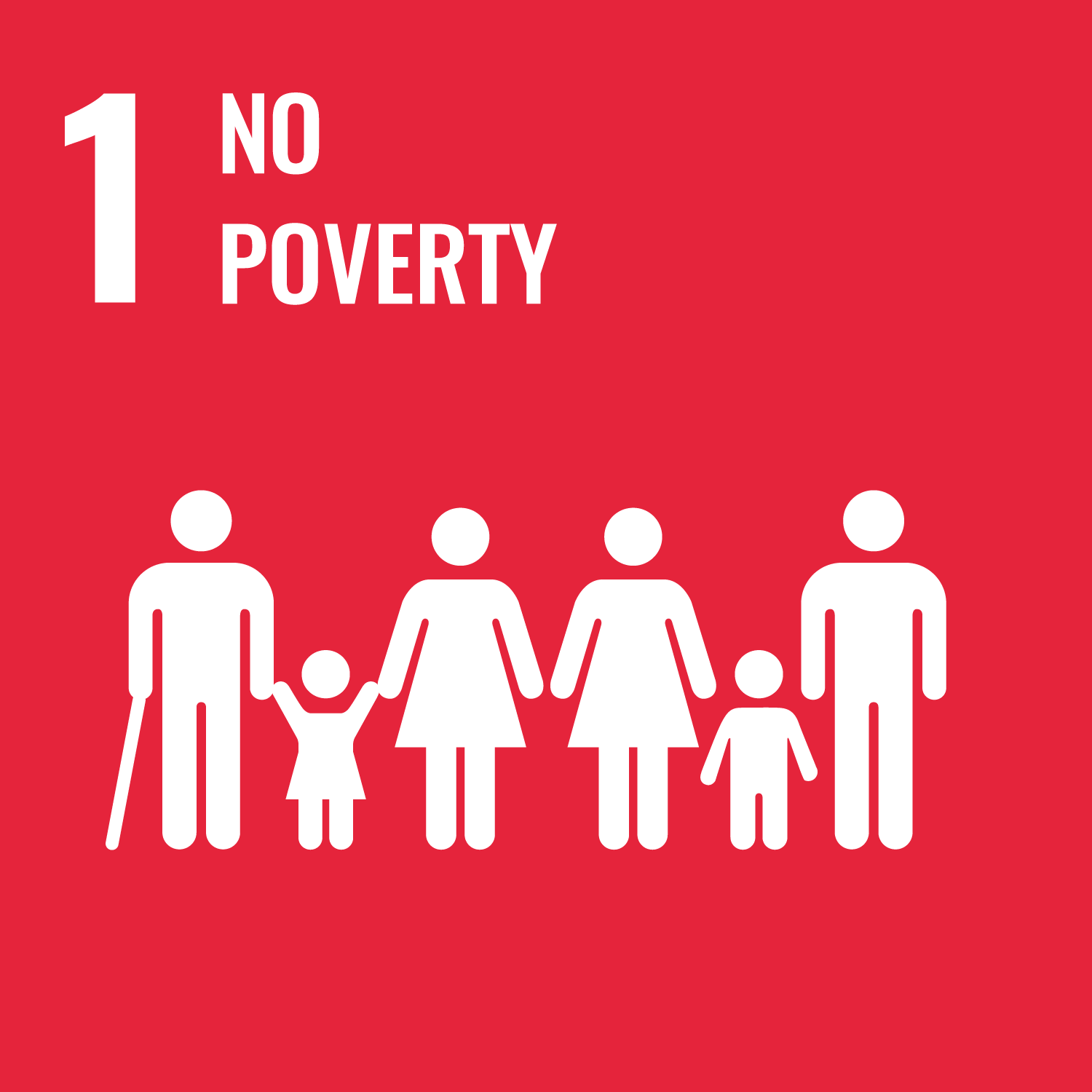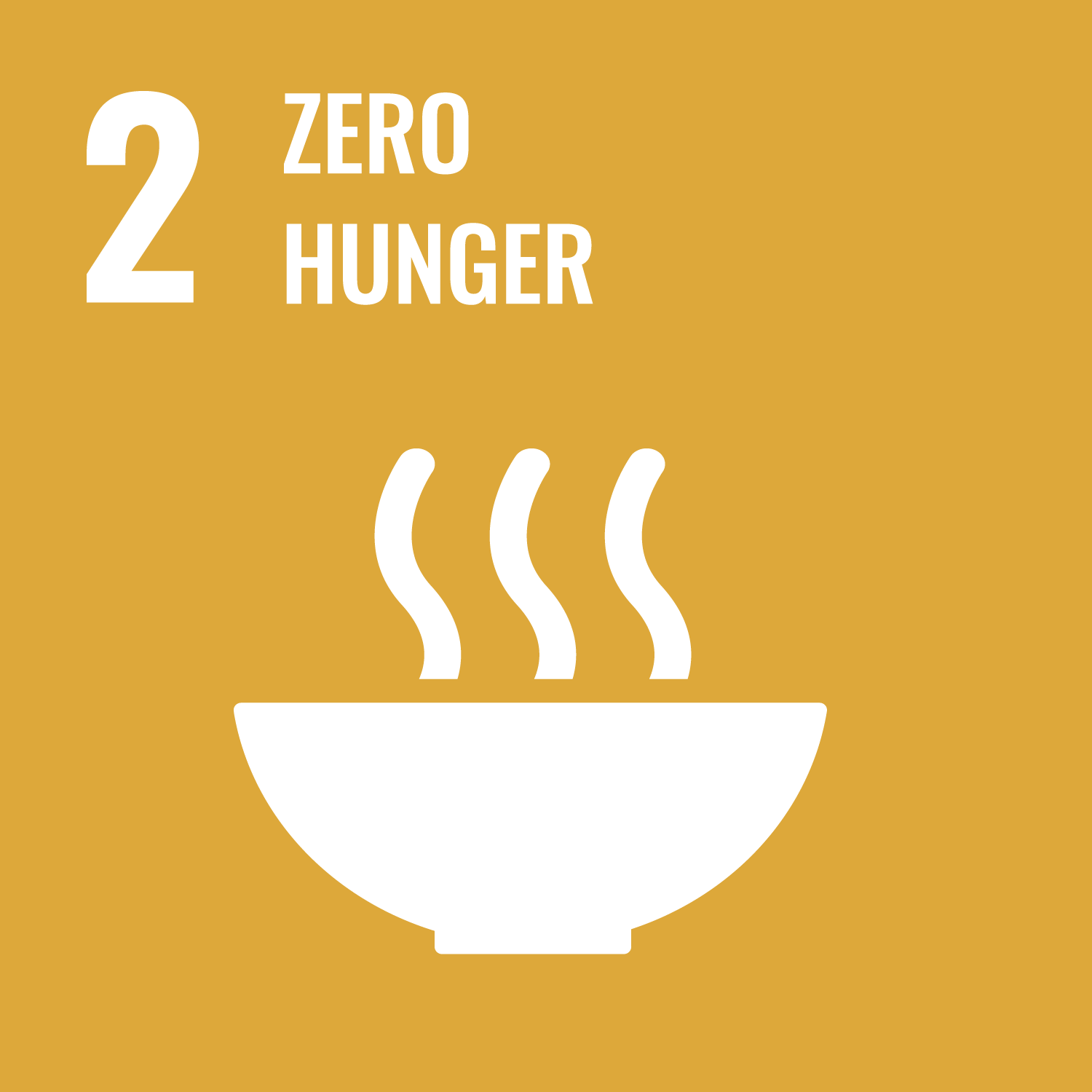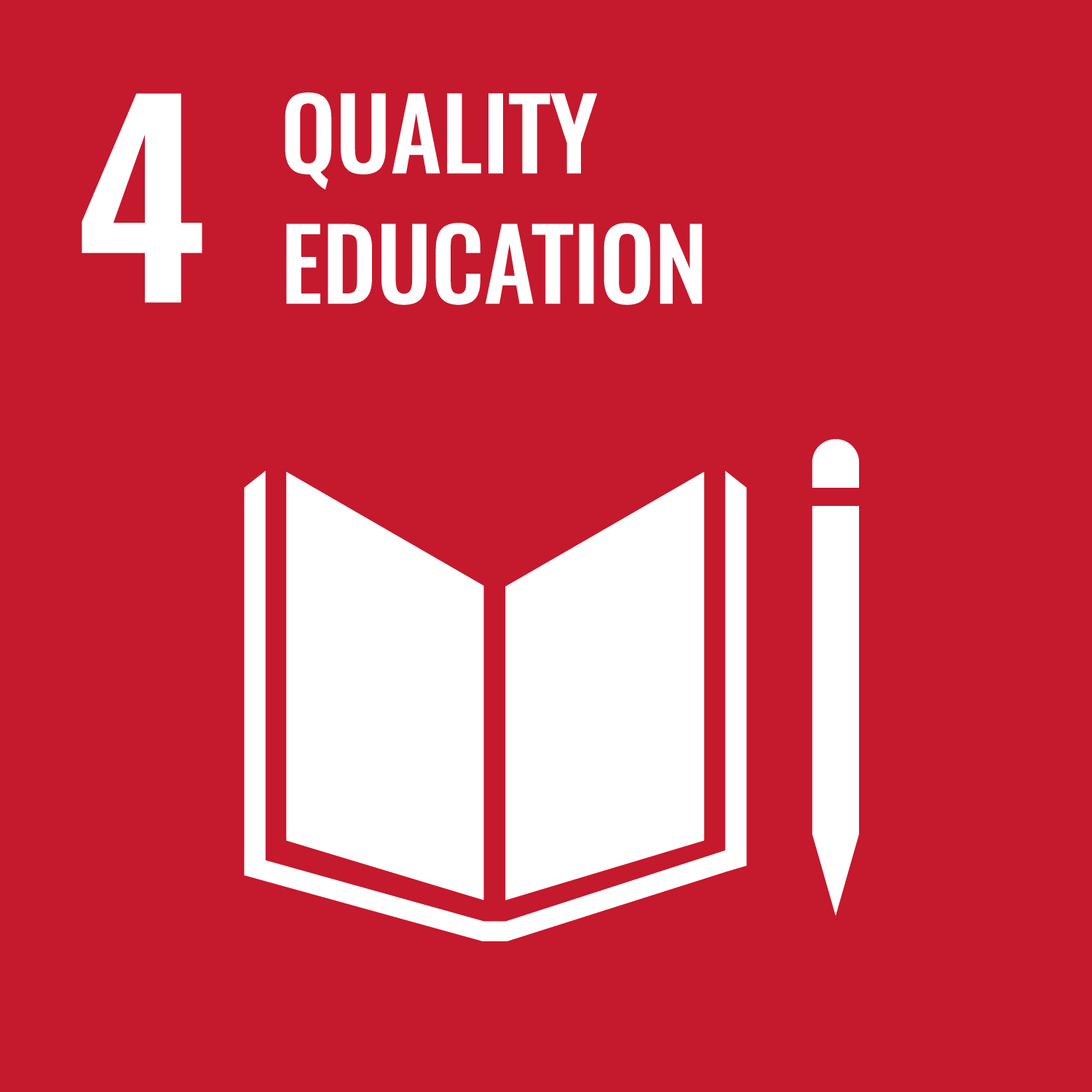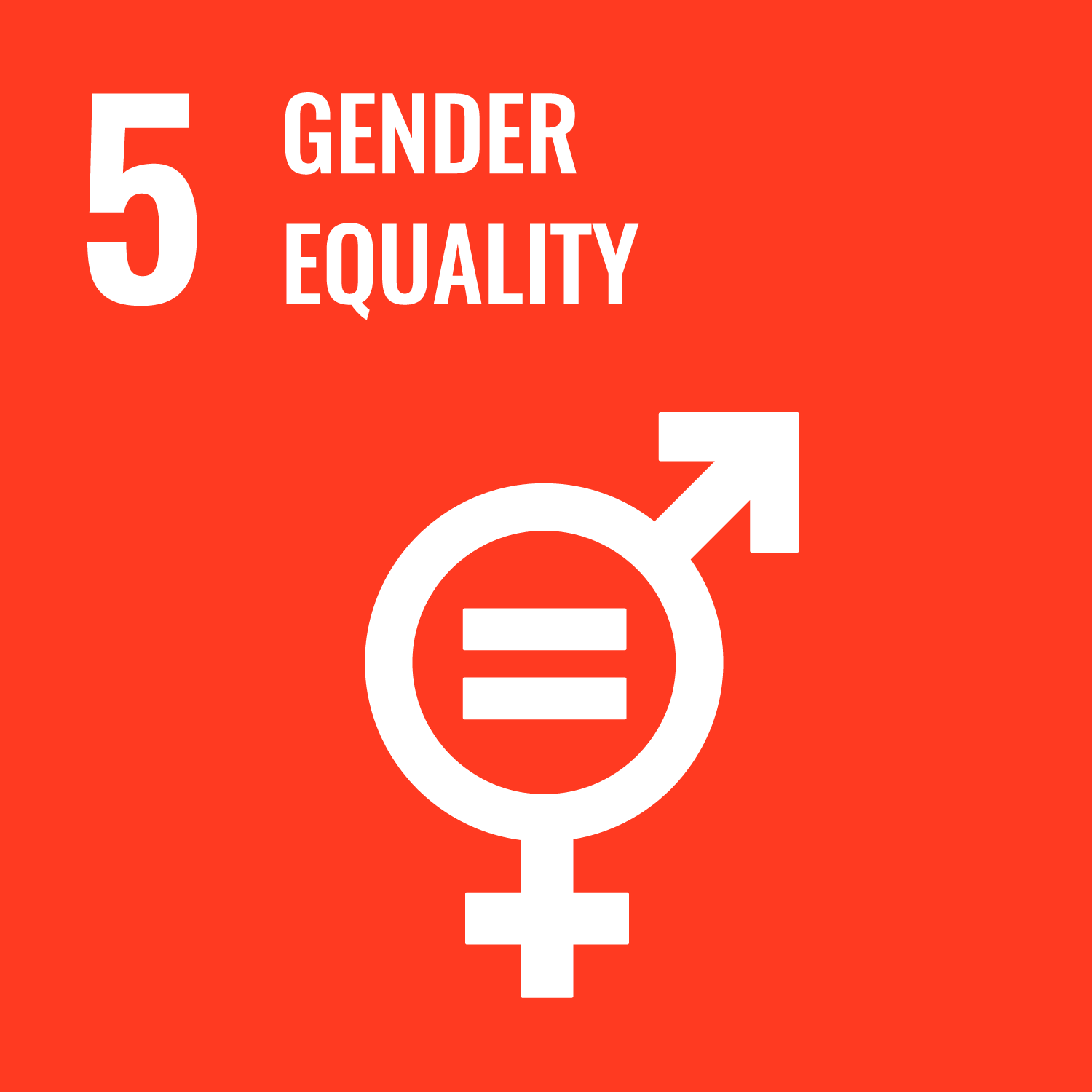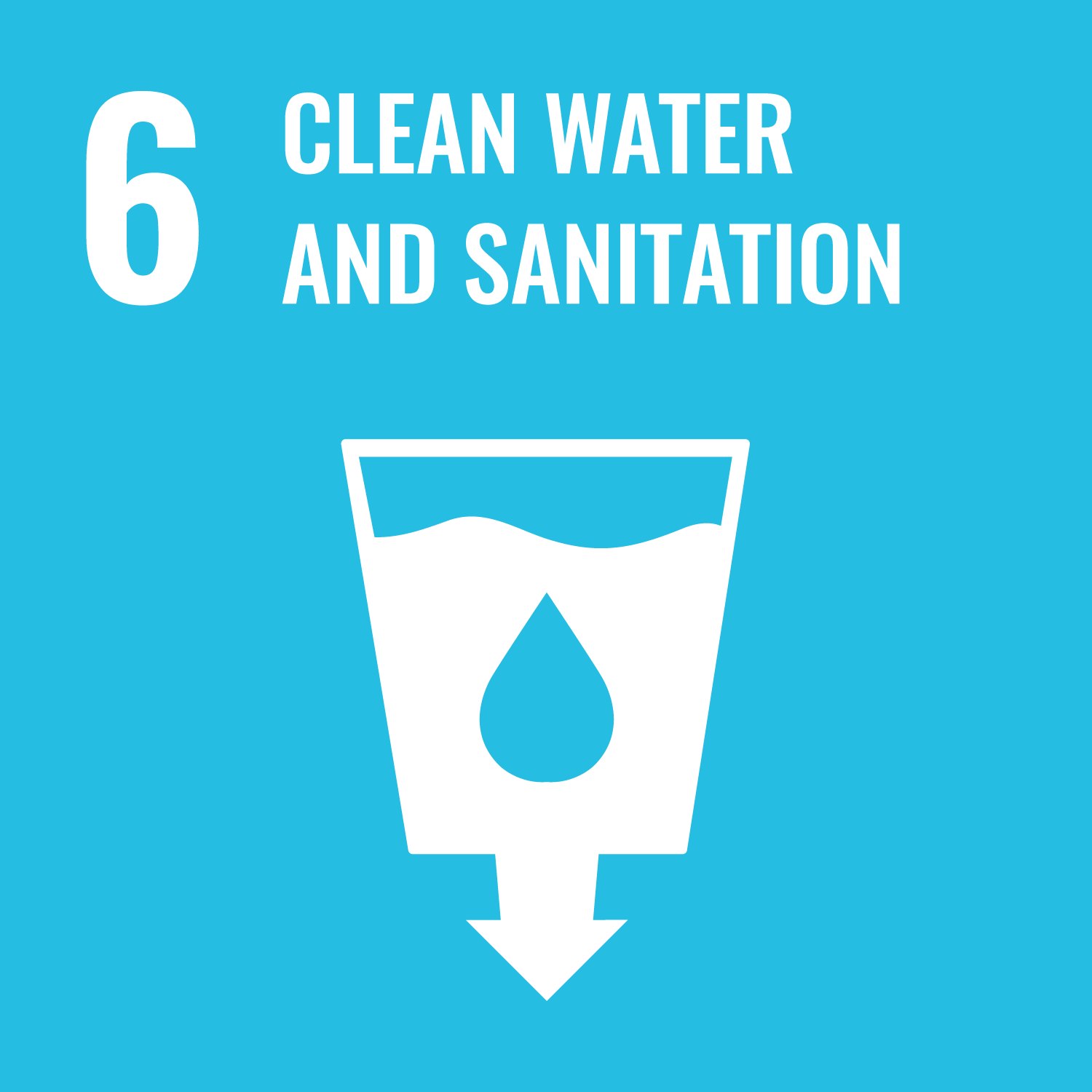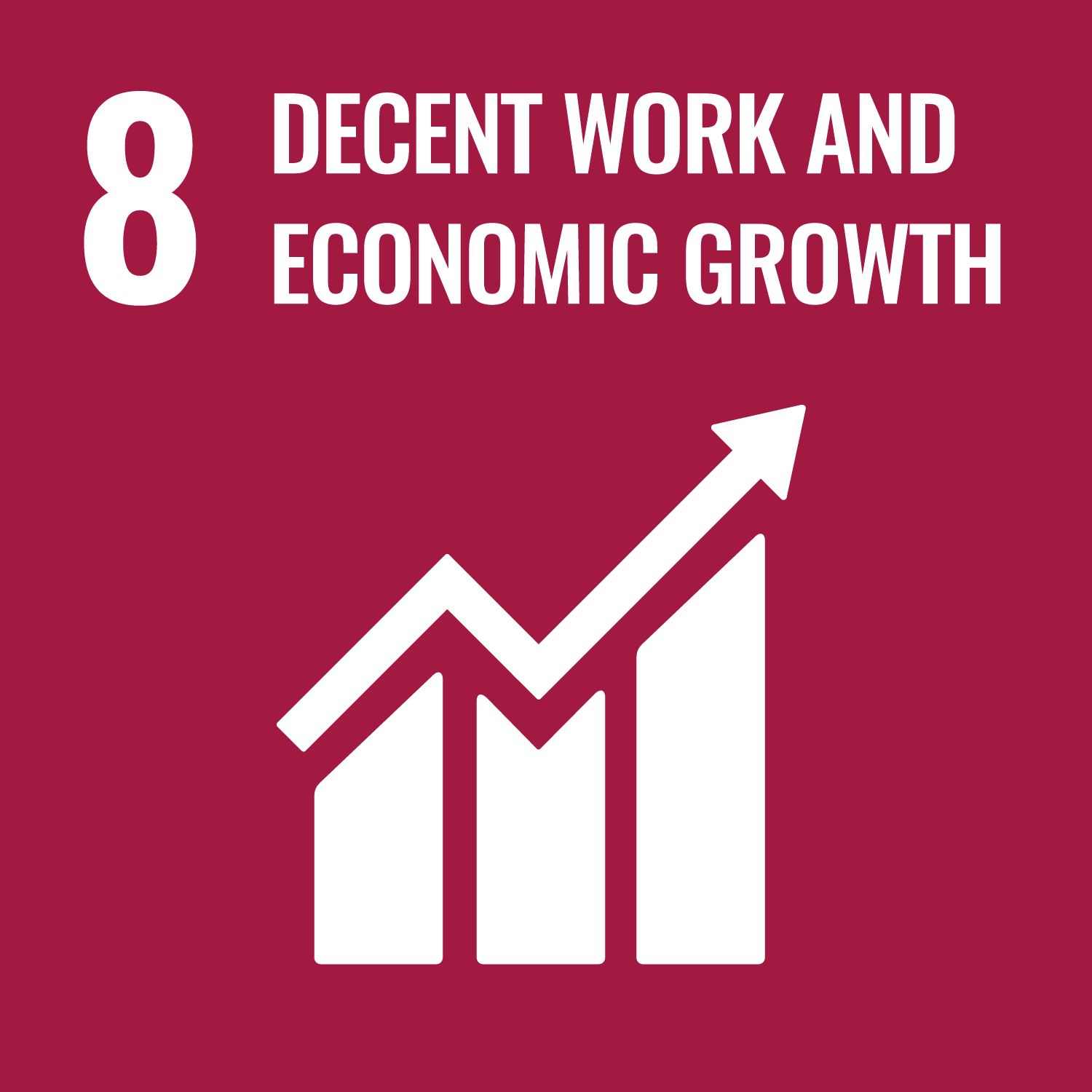New policy brief launched on evaluation of ITTO projects in Africa
18 August 2022
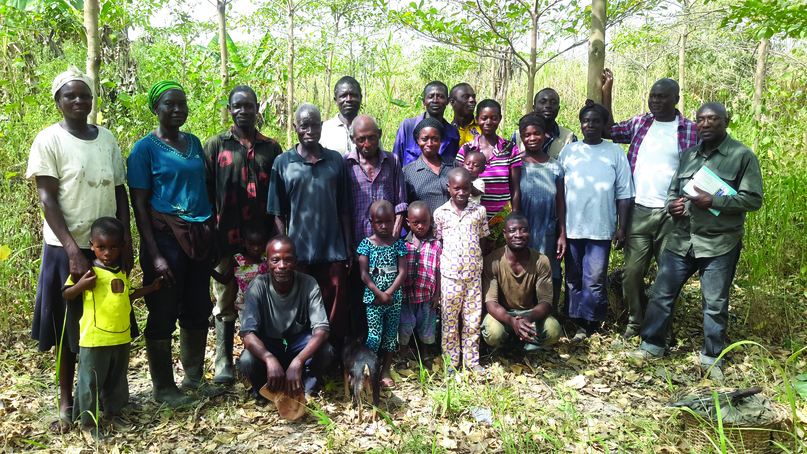
Community farmers in a restored forest area at the Pamu Berekum Forest Reserve, Ghana where one of the ITTO projects was implemented. Photo: Emmanuel Antwi Bawuah
Yokohama, Japan, 18 August 2022: An evaluation of ten ITTO projects in West and Central Africa established that the projects had “important positive impacts on forests, forest management and local communities” in the countries in which they were implemented, reports a policy brief published by ITTO this week.
The policy brief, Lessons for Working Well Together in African Forests, summarizes the lessons learnt from the ten projects and proposes areas for future collaboration between ITTO and the Tokyo International Conference on African Development (TICAD). TICAD is a Japanese initiative launched in 1993 with the goal of mobilizing the knowledge and resources of the international community to assist in the further development of Africa.
“As an international organization based in Japan, ITTO recognizes the importance of close collaboration with TICAD to further strengthen sustainable forestry in Africa and thereby help achieve ITTO’s goals in the region,” said ITTO Executive Director Sheam Satkuru.
The ex-post evaluation reported in the policy brief examined completed ITTO projects in ten countries approved between 2010 and 2020 and implemented under the ITTO Strategic Action Plan 2013–2021. Six of the projects were in West Africa and four spanned countries in the Congo Basin. The total ITTO budget was about USD 12.2 million, contributed mainly by the Government of Japan, with other donors comprising the governments of Australia, Belgium, China, Germany, Sweden, Switzerland and the United States of America. Recipient countries also made substantial financial and in-kind contributions.
The projects were wide-ranging, addressing issues such as forest landscape restoration, sustainable forest management, the strengthening of tertiary forestry education, timber tracking, the improvement of forestry statistics, and community forestry.
In Benin, for example, an ITTO project enabled the legal recognition and demarcation of 42 sacred forests and the development of simple forest management plans. More than 150 hectares of sacred forests were enriched with seedlings of valuable tree species, and fauna species were re-introduced in some areas. Local people continue to benefit from income-generating ventures introduced through the project, such as agroforestry, beekeeping, fish farming, and the production and trade of non-wood forest products.
According to the brief, the lessons learnt in the implementation of the ten projects can be applied in the wider framework of ITTO and TICAD cooperation to help improve outcomes for future projects. This is important as the two organizations strive to assist countries in Africa to pursue sustainable development.
“We believe a strong partnership between ITTO and TICAD will continue to benefit our members in Africa,” said Ms Satkuru. “For example, with sufficient seed funding, it has the potential to attract donor funding due to the strong interest amongst many such donors in promoting sustainable forestry development in Africa.”
The publication of the policy brief was made possible thanks to a financial contribution from the Government of Japan; it is available in English, French, Spanish and Japanese. The full report of the ex-post evaluation will be presented at the 58th session of the International Tropical Timber Council in November 2022.
